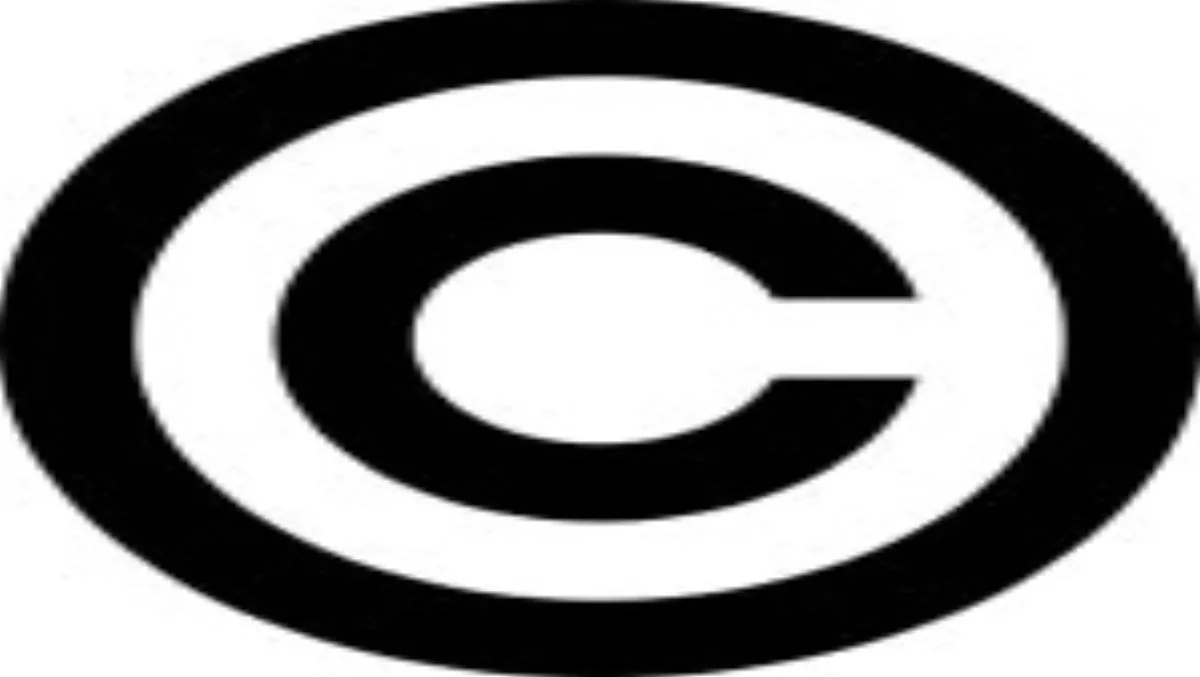
Copyright is perhaps the most common form of intellectual property. It is a right that can be used to keep competitors from copying creative works such as designs, software, photographs and brochures. However, it is important to consider who will own copyright before getting design work done or doing it for others, as a recent court case illustrates.The default position under the lawIn New Zealand, copyright exists automatically in original creative works. The owner of copyright in a work has the exclusive right to copy, reproduce, or publish that work and to authorise others to do so.The first owner of copyright in a work is the author, with some exceptions. Perhaps the most common exception is an employment relationship, which is a story for another day. The other common exception is the ‘commissioning rule’. If a person commissions a work in which copyright will exist, that person will be the copyright owner. The commissioning rule applies to most creative works, including designs, molds, prototypes, software, etc, but not to literary works (except software) or architectural works. It is subject to any agreement to the contrary. What is a commission?For a commission to occur there must be an order or request to make the work and an agreement to pay for it. The payment must be for the creative work, not for the mere manufacture of the tangible item. The commission must also pre-date creation. This means that if you order the creation of a design and agree to pay for it, you own copyright in the design as soon as it is created.Disputes often arise over whether a commission has occurred and, if so, exactly what was commissioned. If there was no written commissioning agreement, the courts will look at all relevant facts to determine whether a commission occurred, which can be a time-consuming and expensive business. Oraka v Geostel – an interesting exampleA recent court case, Oraka Technologies Ltd v Geostel Vision Ltd [2010] NZCA 232, illustrates this point well. There were six parties to this court action, but for the sake of simplicity I will refer only to three of them.In the early 1990s Napier Tool and Die Limited (NTD) agreed to design and make components of an asparagus grader for Oraka Technologies Limited. Oraka then exported the grader to a number of countries. More than a decade later, Oraka alleged that NTD and another company (Geostel Vision Ltd) were infringing copyright by making copies of the same components. Oraka claimed to be the copyright owner on the basis that it had commissioned NTD to design the components. NTD denied that the designs had been commissioned. It argued that the designs had been created for free in the hope of securing the related (and paid) manufacturing work. Consequently, NTD argued that it owned copyright in the designs, and was entitled to reproduce the design and authorise others to do so. Litigation followed.With the passage of time and the absence of any written contract, the High Court had to piece together evidence of what the parties had agreed, much of which was understandably hazy and conflicting.After several years of litigation, the High Court found that there was no agreement to pay for the designs, that the designs therefore were not commissioned, and that copyright was owned by NTD. Oraka appealed, and a year later the Court of Appeal overturned the High Court decision. The Court of Appeal found that the design and manufacture was all one transaction in this particular case, and that there had therefore been payment for the design work. The Court of Appeal also considered that there was an implied obligation to pay for successful designs by commissioning their subsequent manufacture. As a result, the court held that Oraka had commissioned the designs and was the copyright owner. However, any variation in the facts may have led to a different outcome. What can we learn from this?It is essential that you can prove you own the copyright if you want to enforce it and stop others from copying you. As the Oraka case illustrates, this can be difficult and expensive without clear written evidence. Therefore, it is always better to have a written agreement setting out what is being commissioned, what will be paid, and who will own the copyright. Even a very simple written agreement will usually be better than an oral agreement or no agreement at all.